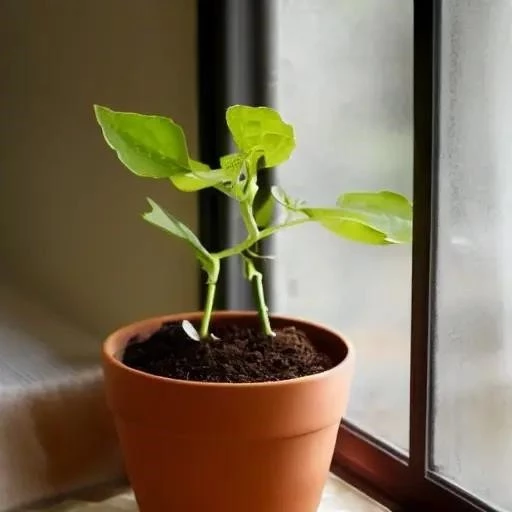In an increasingly urbanized world, where concrete jungles often overshadow verdant landscapes, a quiet revolution is meticulously taking root․ Across bustling cities and serene towns, especially within the vibrant Tamil-speaking communities, individuals are courageously reclaiming their connection to nature, transforming even the smallest nooks into thriving oases of sustenance․ This powerful movement, centered on the ancient wisdom of cultivating one’s own food, offers not just a refreshing escape but a tangible pathway to healthier living and profound self-sufficiency․ It’s a remarkable shift, moving beyond mere aesthetics to embrace a deeply fulfilling lifestyle, bringing fresh produce directly to our tables from our very own homes․
The concept of kitchen gardening, or “சமயலறத் தட்டம்” as it’s known in Tamil, is experiencing an unprecedented resurgence․ Driven by a growing global consciousness towards organic food, environmental sustainability, and personal well-being, families are discovering the immense joy and practical benefits of growing their own vegetables, herbs, and fruits․ Gone are the days when expansive backyards were a prerequisite; today, innovative techniques and a renewed appreciation for traditional practices allow anyone to participate, whether they possess a sprawling terrace, a sun-drenched balcony, or even a humble window sill․ This accessible and incredibly rewarding endeavor is fundamentally reshaping how we perceive our food sources, fostering a deeper respect for the earth and its bounteous offerings․
| Aspect | Description |
|---|---|
| Concept Name | Kitchen Gardening (சமயலறத் தட்டம்) |
| Definition | The practice of cultivating vegetables, herbs, and fruits for daily consumption within one’s home premises, often utilizing small, available spaces like balconies, terraces, or window sills․ It embodies a sustainable approach to food production at a household level․ |
| Key Benefits in Tamil Context |
|
| Traditional Roots & Modern Adaptation | While embracing contemporary urban living challenges, kitchen gardening in Tamil culture draws heavily from ancient agricultural wisdom․ This includes traditional knowledge of plant cycles, soil enrichment, and water management, adapted for compact, modern spaces․ |
| Growing Popularity | Rapidly gaining traction in urban centers of Tamil Nadu and among the global Tamil diaspora, driven by increased health consciousness, sustainability goals, and the intrinsic desire for fresh, home-grown food․ |
| Reference Link | Tamil Virtual Academy |
By integrating insights from age-old Tamil practices with modern ingenuity, cultivating a flourishing home garden has never been more attainable; A cornerstone of this movement, remarkably effective in its simplicity, involves the judicious use of everyday kitchen waste․ Instead of discarding vegetable peels, fruit scraps, and coffee grounds, these organic materials can be effortlessly transformed into nutrient-rich compost, providing a potent, chemical-free fertilizer for your burgeoning plants․ This not only minimizes household waste, significantly reducing landfill burden, but also cyclically enriches your garden’s soil, promoting robust plant growth and healthier yields․ This ingenious approach exemplifies true sustainability, turning potential pollutants into precious resources with minimal effort․
Furthermore, the emphasis in Tamil kitchen gardening extends beyond merely growing any plant; it’s about strategically cultivating those essential food items that frequently grace our daily meals․ Imagine plucking fresh coriander, vibrant chilies, leafy greens, or even small tomatoes directly from your balcony, instantly elevating the flavor and nutritional value of your dishes․ This immediate access to garden-fresh ingredients drastically reduces grocery bills, ensures the purity of your food, and provides an unparalleled sense of accomplishment․ Utilising creative vertical gardening solutions, hanging planters, or even repurposed containers, even the tiniest urban dwellings can become productive food factories, producing a steady supply of culinary delights․
The future of food, as many forward-thinking experts posit, lies increasingly in localized, community-driven, and personal cultivation․ Kitchen gardening, particularly with its deeply rooted traditions and modern adaptations in Tamil culture, stands as a shining beacon of this hopeful trajectory․ It offers a tangible solution to food security concerns, a powerful antidote to urban stress, and a vibrant educational platform for future generations, teaching them the profound value of growing their own sustenance․ Embracing these time-tested “Kitchen Gardening Tips in Tamil” is more than just a hobby; it’s an investment in health, a commitment to sustainability, and a joyful journey towards a greener, more self-reliant future․ The time to sow the seeds of change is undeniably now․






